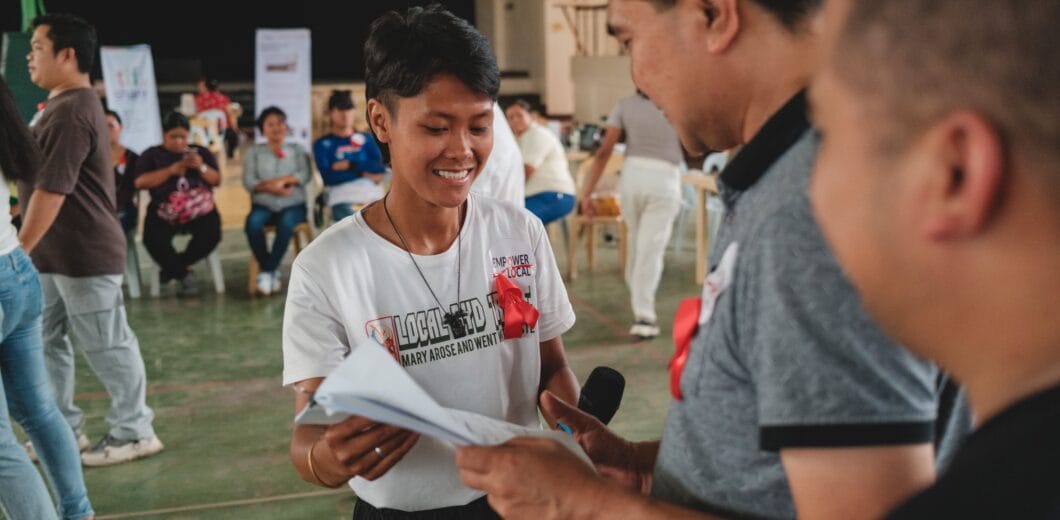Are you committed to advancing community-led solutions, human rights, and sustainability in the global HIV response? The NGO Delegation is seeking an experienced and passionate NGO Report Consultant for this year’s report, « Community-led Integrated Services: A Path to a Sustainable HIV Response. »
The world is at a pivotal point in the fight to end AIDS. As we work toward the 2030 goal of ending AIDS as a public health threat, UNAIDS is developing the Global AIDS Strategy 2026–2031—and your voice is needed to help shape its direction.
UNAIDS has launched a global survey to gather insights from communities, civil society, and other key stakeholders. This is a critical opportunity to ensure the next phase of the HIV response is inclusive, grounded in lived experience, and informed by those most affected.
As Sonal Giani steps down as an NGO Delegate to the UNAIDS Programme Coordinating Board (PCB), we recognize her significant contributions and acknowledge the unfortunate reality that her departure is happening amid an increasingly difficult political climate. Her tenure was marked by firm advocacy for LGBTQIA+ rights, gender equality, and inclusive global health policies—work that remains urgent as challenges to these issues grow.
To people living with and affected by HIV around the world, and our civil society and community-led partners and allies,
We recognize the difficulties many of you may be facing due to the US funding freeze and the extreme uncertainty surrounding the HIV response – and indeed, we are experiencing these same challenges in our organizations, and in our lives. As the NGO Delegation, our aim is to provide an update on recent engagement efforts with UNAIDS leadership since the stop-work orders and spending freeze took effect.
UPDATE: The thematic segment of the 56th PCB Meeting, originally set for 26 June 2025, has been postponed to the 58th PCB Meeting on 1 July 2026. This decision follows the PCB Bureau’s determination that additional budget-related agenda items require the full three days of the 56th meeting. The postponement is pending formal approval by PCB Member States.
We mourn the loss of Jacqueline Rocha Côrtes, a trailblazing activist whose life was dedicated to fighting for the rights of people living with HIV, particularly those in the transgender community. Jacqueline passed away on 14 August 2024, in São Paulo.
Thank you to everyone who joined our recent Global Webinar for Civil Society! We delved into insights from the 53rd PCB meeting and looked ahead to the 54th PCB meeting. Missed the webinar? Catch up by watching the recordings through the links below. Stay tuned for more updates and events!
The beginning of the dark age in the AIDS response in Indonesia Recently, a draft of revisions to the Book of Penal Code[1], known as KUHP, was submitted to the Parliament of Indonesia. Many civil society organizations and alliances see the revision of KUHP as an insult to the democratic process in Indonesia. If approved, theContinue reading « Revision of the Book of Penal Code »
In the dead of winter in mid-February of 2018, Michel Sidibé, the Executive Director of UNAIDS, attended a local HIV conference organized by indigenous communities in central Canada.
The local HIV Indigenous conference, Know Your Status HIV Forum – From Knowledge To Action, was held on February 14 and 15, 2018, in Saskatoon, Saskatchewan. It was organized by Saskatoon Tribal Council’s (STC) Health and Family Services, owned by the seven First Nations of STC.
